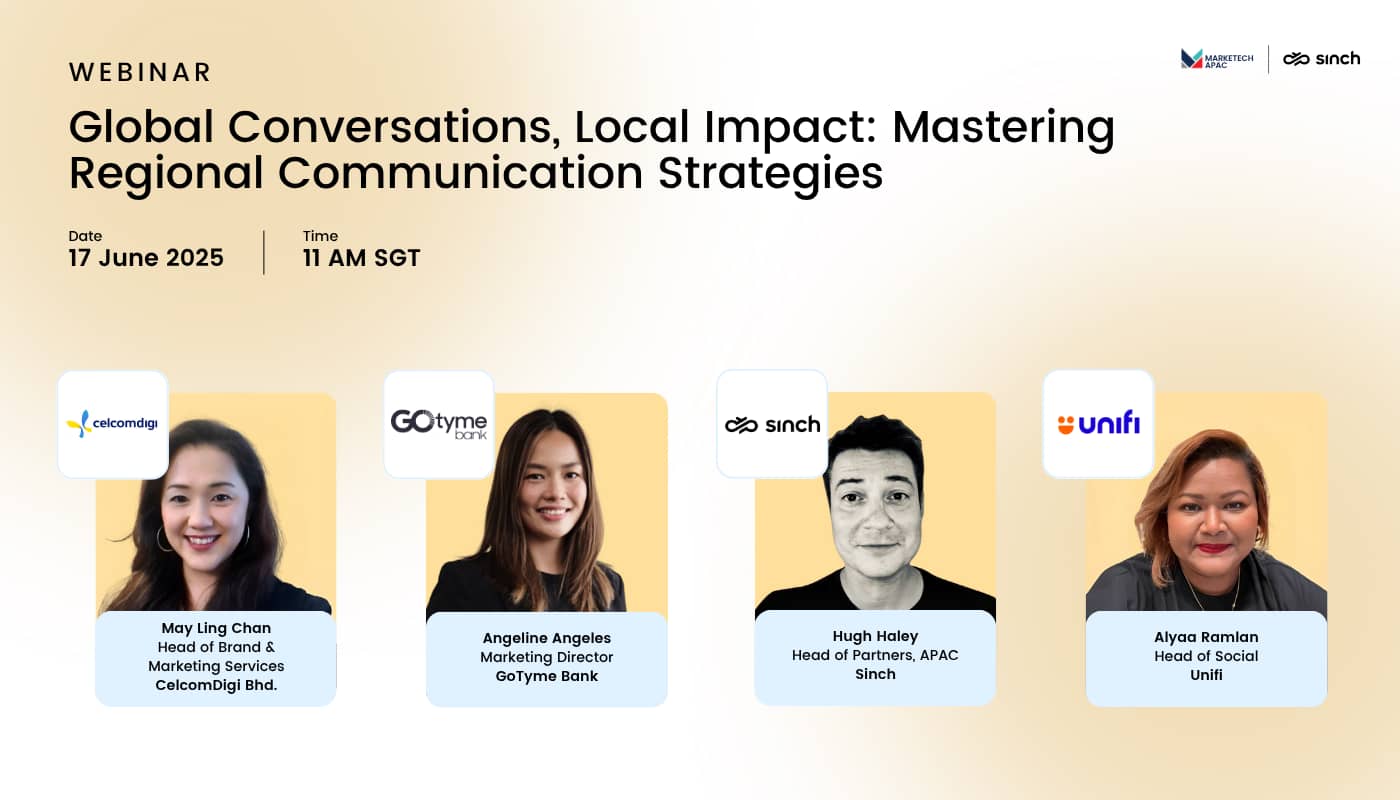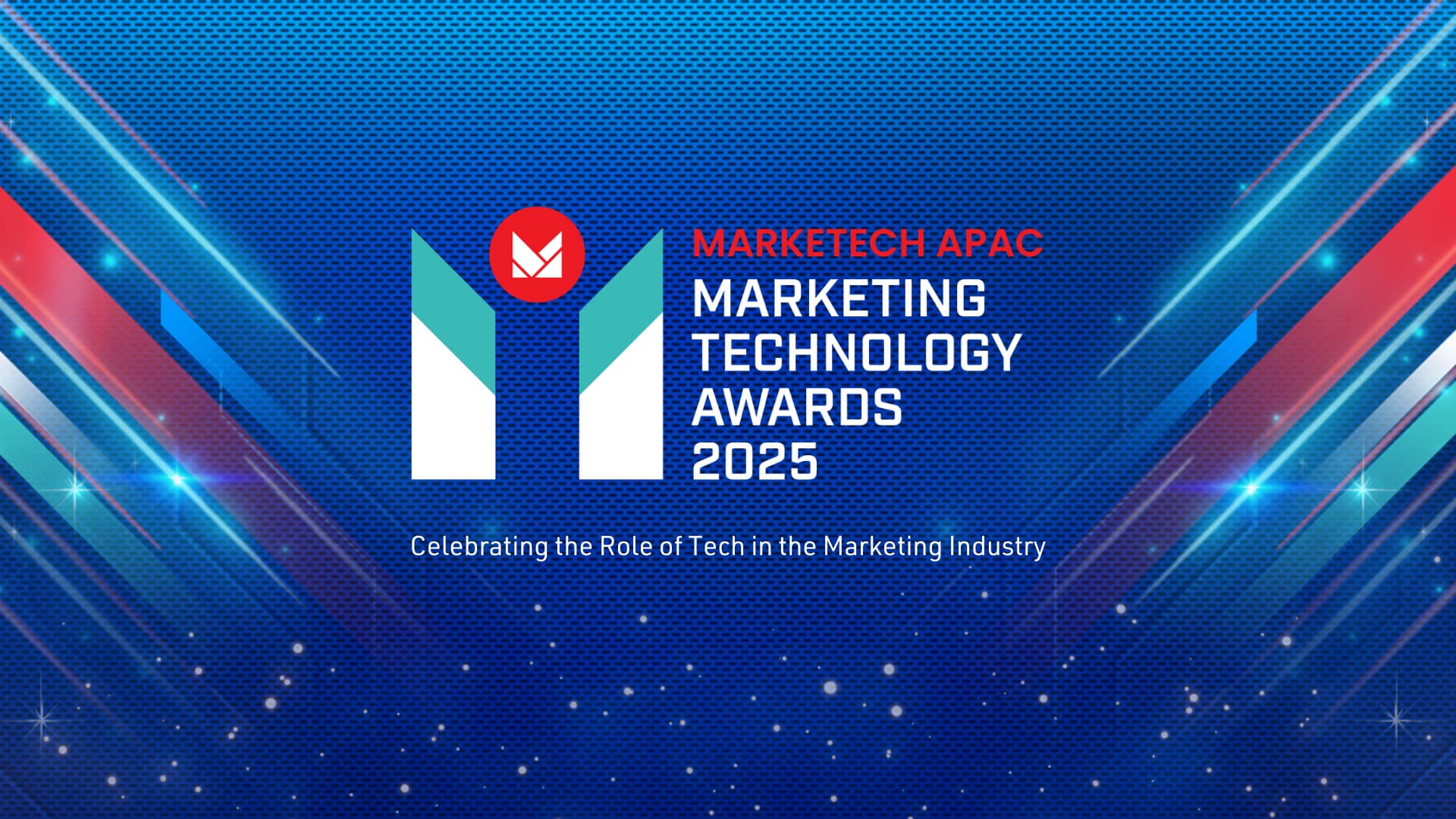Australia – Australian marketers are grappling with widespread underutilisation of marketing technology, capability gaps in first-party data, and mounting pressure to adapt to emerging AI technologies, according to a new report from digital consultancy Arktic Fox.
The Digital, Marketing & eComm in Focus 2025 report, released today in collaboration with recruitment firm Six Degrees Executive, surveyed over 200 senior marketing and business leaders nationwide. Now in its fifth year, the report paints a sobering picture of the challenges facing the industry, with only 19% of brands reporting semi or strong utilisation of their martech tools.
The findings suggest many brands are falling short in converting technology investments into business impact. While 51% of brands say they’re focused on implementing existing tools rather than acquiring more, utilisation remains low, and nearly half of respondents feel pressured to prove return on investment. Arktic Fox founder Teresa Sperti says the disconnect points to broader strategic and organisational issues.
“Despite significant investment in martech and data, many aren’t seeing meaningful returns. Maturity gaps across key areas like analytics, customer experience, and AI readiness are holding brands back,” said Sperti.
AI adoption accelerates, but sophistication remains elusive
The report reveals that 59% of brands are experimenting with or scaling their use of AI and generative AI, particularly in personalisation and content generation. However, Sperti warns that many efforts are still efficiency-led and lack strategic depth.
“Brands are beginning to embed AI into workflows, reskill teams and establish governance,” she said. “But without strong data foundations—like a unified customer view—more advanced AI applications remain out of reach for most.”
Just 14% of brands reported having a mature, unified view of the customer. While most respondents rank customer data strategy as a high priority, 53% admit their capabilities in this area are lagging.
Data strategy misalignment and privacy readiness lag
The findings also highlight a growing tension between data ambitions and execution. While 83% of brands view first-party data as critical over the next two years, only a minority are investing in identity resolution—a foundational step toward creating a unified customer profile.
Billy Loizou, area vice president at Amperity, said the misalignment is a major red flag. “Without identity resolution, personalisation falls apart. Brands can’t grow without it. Closing that gap is no longer optional.”
Privacy compliance is another pain point. Fewer than half (47%) of surveyed leaders believe upcoming changes to the Privacy Act are well understood by their teams, and only 4 in 10 say they have a plan in place to adapt.
Talent and skills gap deepens
Adding to the challenge is a widening skills gap. For the first time in the report’s history, ‘emerging technologies’ overtook data and analytics as the most urgent skills gap across marketing teams. This reflects the growing pressure on marketers to adapt to rapid technological change and the AI revolution.
Meanwhile, e-commerce maturity continues to lag, with 75% of respondents saying they trail behind global leaders. Trust in retail media networks is also low, with only 46% expressing confidence in these platforms.
Shift toward composable martech stacks
In response to rising frustration with monolithic martech platforms, the report found a shift toward more flexible, composable stacks. Brands that embraced this model reported higher levels of utilisation and impact. However, Sperti noted that IT departments often remain a barrier.
“Too often, IT drives martech decisions based on control and cost rather than business impact,” she said. “Aligning IT and marketing strategy is critical for driving value from these platforms.”
Outlook: ambition outpacing execution
While many brands understand the strategic imperatives—AI, data unification, privacy compliance—the report concludes that execution remains the primary barrier to progress.
“There’s a disconnect between ambition and capability,” said Sperti. “Investment must now shift from tools to skills, strategy, and activation if brands want to close the maturity gap and unlock value.”
With economic pressures rising and competition intensifying, the report serves as both a wake-up call and a roadmap for brands looking to evolve.


















